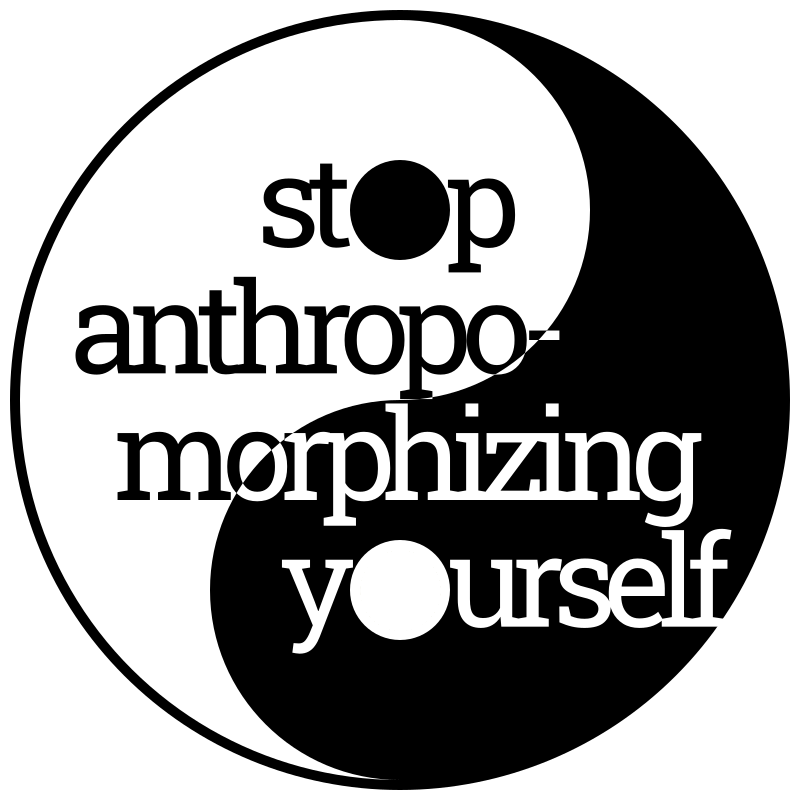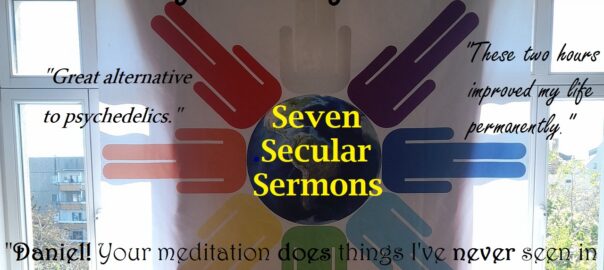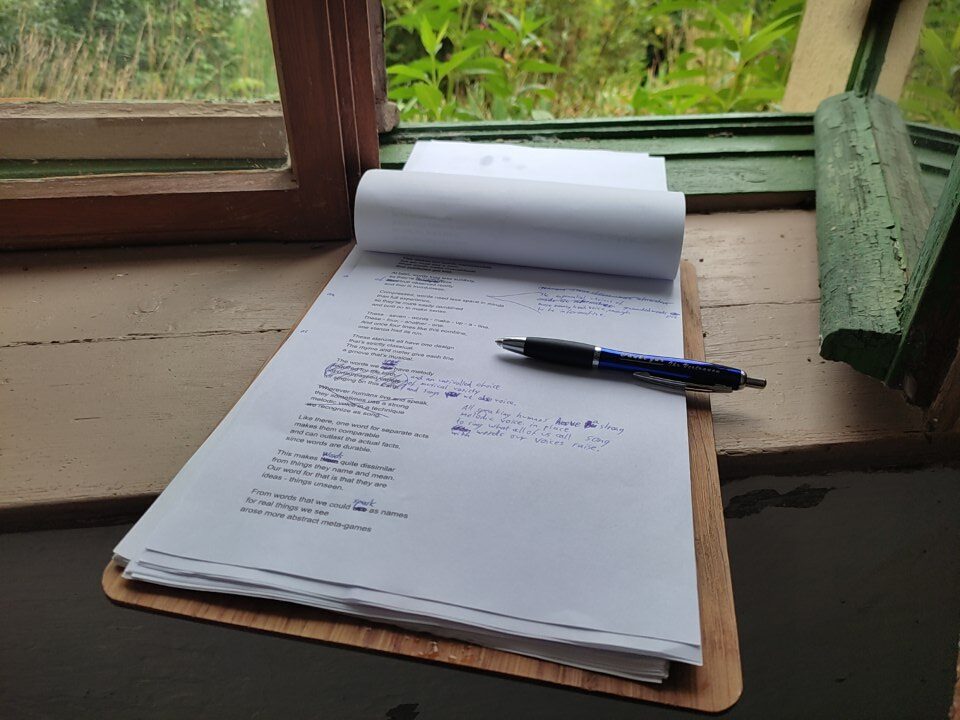I am German and the most salient aspect of that identity is that I am of a people that has burdened itself with incomparable guilt. The connection is not too familial; my parents got married and conceived myself partly because my mother’s grandfather and my father’s father met in the domestic Lutheran church resistance to Nazi hegemony, the Bekennende Kirche. But I am also a patriot, I deeply love my Fatherland, so it matters. My awareness of the fact that the fascist version of my country eventually got defeated is therefore laden with deep and abiding gratitude. This defeat had many causes, as will be obvious to anyone who has studied it as extensively as I have. The cause most salient to me is that in 1940, UK Prime Minister Winston Churchill personally prevented his United Kingdom and British Empire from exiting the war through a peace deal with Hitler, which would have allowed the Wehrmacht to wage a single front war against the Soviet Union, in which it would inevitably have had more success than it in actuality had in the two front war that eventually ground it down.
The speeches
Churchill achieved this in several ways, arguably largely through his sheer bone-headed denial of the dreadful military situation that bordered on outright lying to his government, king and empire. Most visibly, he did it by writing and delivering a set of objectively epoch-making public speeches that continue to be available on YouTube and continue to bring tears to my eyes.
These speeches have fascinated me for many years. I am a poet and I do claim a degree of expertise in the art of crafting particularly effective sentences, particularly precise word choices and a particularly resonating message. Through this lens, these speeches, known as “Blood, Toil, Tears and Sweat”, “We shall fight on the beaches” and “Never was so much owed by so many too so few”, are exemplary artworks of great poetic skill, and it is an uncontroversial historical fact that Churchill actually wrote and delivered them all by himself. So the man was a poet?! A conclusion so unlikely it long compelled me to doubt my lone subjective judgment. Why and how would an accomplished soldier and triumphant statesman of world historical stature also be a poet?
The answer is contained in his autobiography. There Winston Churchill admits he was such a poor pupil that he would have never finished school, and would consequently likely never have amounted to anything, had he not won a poetry recital competition by performing from memory one particular poem that, depending on how quickly you recite, goes on for about 25 minutes. I happen to know from experience what committing to memory a very long poem does to a human mind; it remains there to stay! You can never get rid of it. Every time you hear a word that is anywhere in that poem, you recall the line it is in and reactivate the memory of all of what this line is woven into. So that confirmed my lone subjective judgment; Churchill must necessarily have had ringing through his head that one particular poem, from childhood and for his entire life, including the fateful days when he wrote and delivered those pivotal speeches. This begs an obvious question. What the actual fuck was that poem?!
The poem
Thomas Babington Macaulay was a late Victorian English scholar of the Roman Empire who drew a surprising and original conclusion from his situation: the British Empire was going out into the world, conquering the natives and inventing anthropology as a tool for that conquest. Finding, in the process, that all peoples that did not use writing, without exception, had oral traditions to pass through the generations what in their society was essential knowledge that every child needed to learn: What do the gods want of us, how did we get here, why do we need to preserve this technology or that social institution, why are we friends with those guys and enemies with those others. As mnemonic devices to aid faithful transmission over the generations, these oral traditions employed drama, poetry and often song. Macaulay realized that the rural Roman Empire, the subject of his extensive studies, was such a society that did not have writing! Writing in the Roman Empire happened in the cities; cities were where the schools and the bureaucracy and non-local trade were situated, and where Christians wrote scripture. The rural population, the pagani, had no use, nor time nor money, for writing. So, Macaulay reasoned, they too must have had such oral traditions that due to the lack of writing had unsurprisingly been lost to history. So he wrote a book of poetic imaginations of what these people would have transmitted to their children, if they had spoken Victorian English: Lays of Ancient Rome. The first chapter, the first poem, the one Winston Churchill memorized, is the suitably dramatized but essentially true story of Horatius Cocles: “Horatius at the Bridge”. I very strongly recommend everybody should read the entire thing! But here’s my summary anyway.
The hero
In 509 BC, the Romans throw out their king and abolish the monarchy, founding the Roman Republic, the first and only fledgling democracy outside Greece. The king had been tyrannical for a while, but history as written by the victors (such as Livy) emphasizes as pivotal that beforehand, this tyrant had failed to punish his son Sextus for a rape of the wife of a consul. The king and his son Sextus are banished from the city, but the Romans make a big mistake; they don’t kill them.
The exiles live to very reasonably go to their royal colleague Lars Porsena, king of the powerful city of Clusium, and complain that they have suffered a coup d’état by terrible uppity commoners and need to borrow his army in order to retake Rome and restore right and proper monarchy. An exciting prospect, because while Rome presents a rich opportunity for plunder, it is also young, small and militarily weak; the Roman Legion has not yet been invented. Many other rulers of the region agree, and the poem spends many lines detailing the enormity of the host that comes assembled to conquer Rome. So one day, the Romans look out over their walls and see the sky blotted out with the dust of the approach, and outlying towns set aflame by, an enormous hostile host.
However, Rome ist young, small and weak, and still mostly confined to just one side of the river Tiber, and this army is on the other one! One bridge connects them and since catapults haven’t been invented yet either, the army will have to cross it in order to do heavy damage. So, basically the Romans could demolish that (fortunately wooden) bridge quickly, and chill.
Yet the invading army has already advanced to the river and devastated the scant defenders on their side of it. How do you demolish a bridge while a large and murderous army stands ready to annihilate any team of demolition workers? And the future Caput Mundi (capital of the world) would have fallen, and the Roman Republic would have been strangled in its crib, had not, in the words of the poem:
Then out spake brave Horatius,
The Captain of the Gate:
“To every man upon this earth
Death cometh soon or late;
And how can man die better
Than facing fearful odds,
For the ashes of his fathers,
And the temples of his gods?
And he goes out, with two friends who leave later, to hold the entire fucking army at the choke point of that bridgehead. He kills and is wounded many times and does, eventually alone, manage to defend the destruction of the bridge. So he can’t go back over it and instead jumps into the river Tiber, which fortunately tosses him onto its Roman held bank, where the Romans take him in, celebrate him and build him a statue.
Two and a half millenia later, Rome has gone through a lot, but a newer statue of Horatius Cocles is still there and they’re still laying down flowers. As shall I when I visit Rome.
The project
There is one translation of Horatius At The Bridge into German, published in 1888 by Harry von Pilgrim. I am glad someone tried, the archaic German seems appropriate to the subject matter and it does copy the original verse and meter. But both as a poem and as a translation, this is shoddy, slipshod work that does injustice to poetry of such towering import.
Da sprach zu ihm Horatius,
der sonst das Thor bewacht:
“Es steigt ein jeder einst hinab
In finstern Todes Nacht;
Für’s Vaterland zu sterben
Ist wohl des Römers Werth,
Für die Manen seiner Väter,
Für der ew’gen Götter Herd,
Therefore, with the Seven Secular Sermons and the Six Secular Songs complete, my new undertaking is to produce a new and better translation of this poetic monument to heroic defense of democracy in the face of tyrannical invasion. A thousand kilometers west of Ukraine, I begin this work today.
Da nahm das Wort Horatius,
der an dem Tore steht:
“Zu jedem Manne tritt einmal
der Tod, ob früh, ob spät.
Und wo als vor dem grimmen Feinde
könnte einer besser fallen,
für die Asche seiner Väter
und für seiner Götter Hallen?


